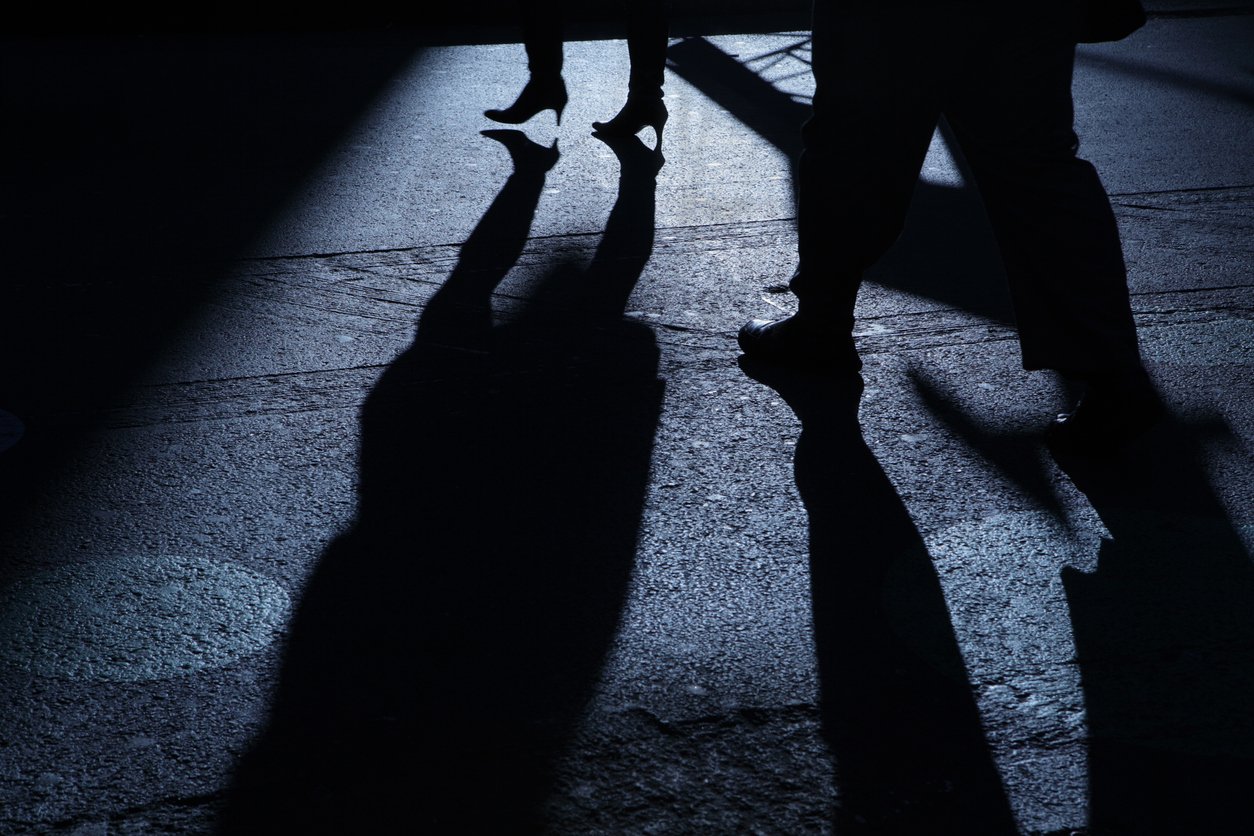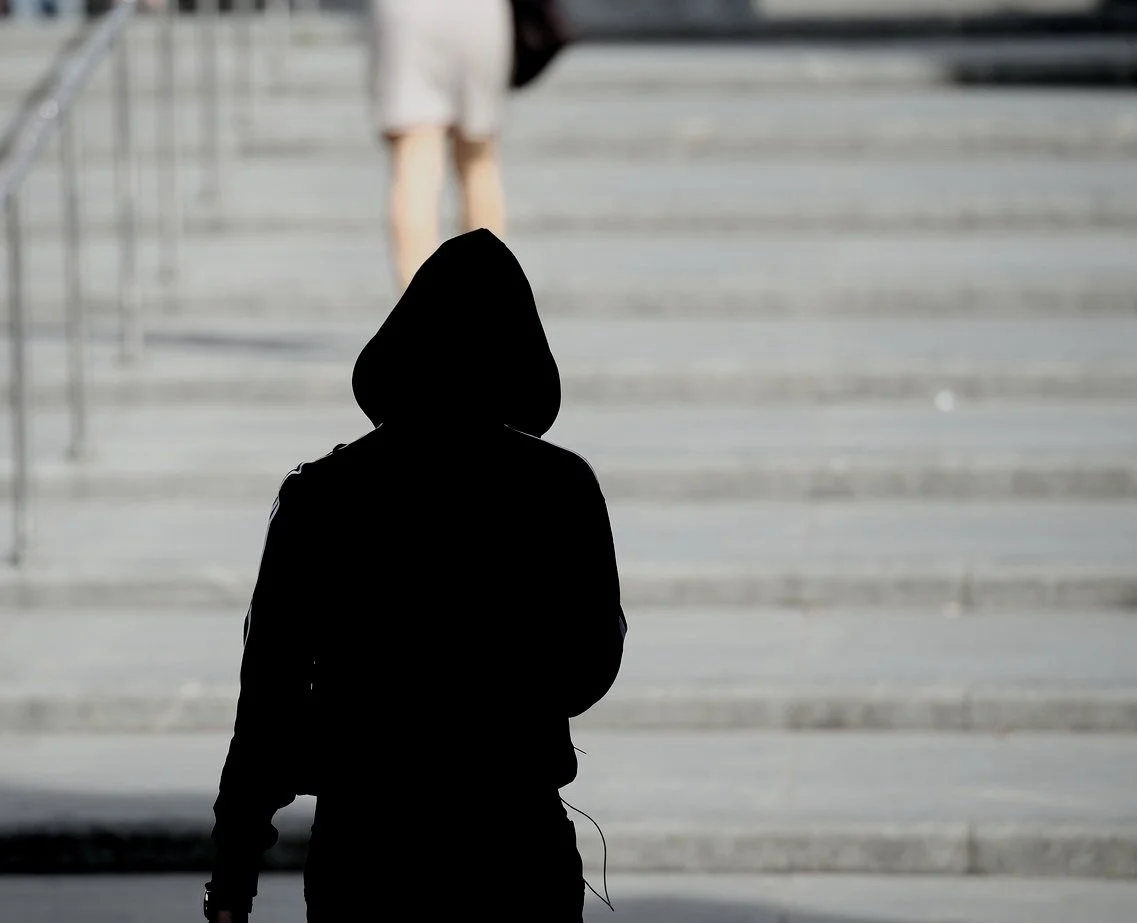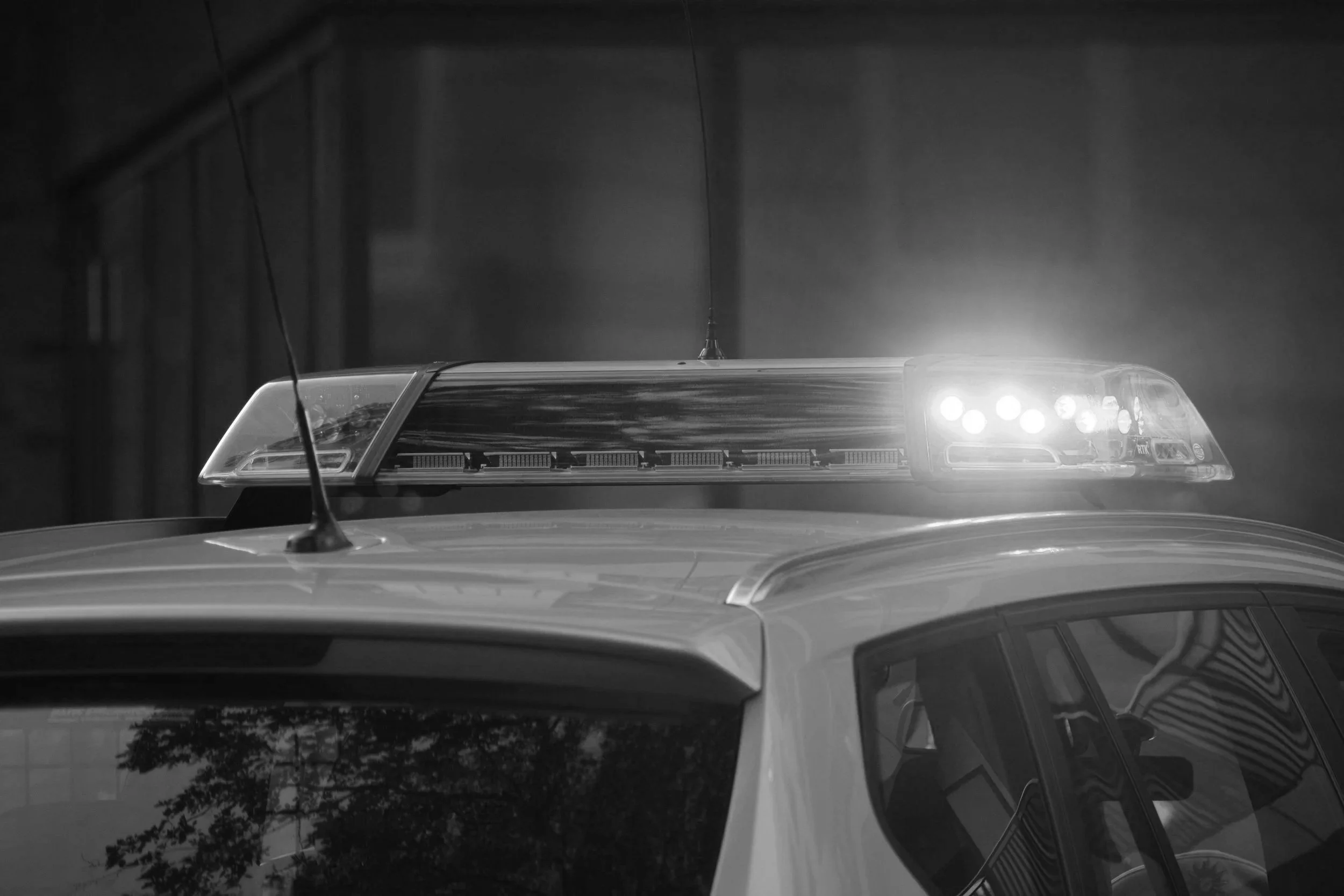
Order of Protection Lawyer Chicago
Chicago OP Attorney
Understanding an Order of Protection (OP) in Chicago, IL
If you've been the victim of domestic violence, stalking, harassment, or threats, an Order of Protection (OP) can be a crucial step toward securing your safety. As a tool provided by Illinois law, an OP is intended to deter a specified individual, known as the respondent, from continuing harmful or threatening behaviors towards you, the petitioner. The following information will guide you through the basics of OPs, including who qualifies, how to secure one, the consequences for violations, and the practicality of their safety guarantees.
-
An OP is a legal order issued by a judge that restricts the respondent from certain activities or behaviors. It could mandate that the person stay away from you, your home, your workplace, or other areas you frequently visit. It can also prohibit contact, including phone calls, emails, texts, and direct or indirect messages via third parties. Essentially, an OP serves as a legal boundary that the respondent must respect.
-
In Illinois, anyone who has been the victim of abuse, harassment, intimidation, interference with personal liberty, willful deprivation, stalking, or threats from a family or household member may seek an OP. The law defines 'family or household members' to include spouses, ex-spouses, parents, children, stepchildren, persons who share or formerly shared a common dwelling, persons who have or allegedly have a child in common, persons who are dating or engaged, persons with disabilities and their personal assistants, and caregivers.
-
First, you or your attorney must complete a Petition for Order of Protection detailing the nature of the abuse or harassment and requesting specific protections. The forms are available at your local courthouse and on the Illinois courts' website.
After you file the petition, a judge will review it. If the judge believes that you need immediate protection, they may issue an Emergency Order of Protection, which lasts 14 to 21 days. This order is granted ex-parte without the respondent being present or notified.
To secure a longer-term order (Plenary Order of Protection), a full court hearing must occur where both parties have an opportunity to present their cases. If the judge grants the Order of Protection after this hearing, it could last up to two years.
-
Violation of an OP is a serious offense in Illinois. If the respondent disobeys the order, they can be arrested and face criminal charges, including Contempt of Court and Violation of Order of Protection, which can result in fines, probation, or even jail time.
However, it's crucial that you report violations promptly to law enforcement. The order can only be enforced if violations are officially reported.
-
While an OP is a legally binding document with serious consequences for violations, it is not a physical barrier. The order can discourage the respondent from contacting or approaching you, and it gives you the power to call the police and press charges if they do, but it does not physically prevent them from doing so.
Maintaining your safety requires additional steps, including planning for potential encounters with the respondent, securing your home, changing your routines, informing people around you about the situation, and possibly seeking help from local domestic violence programs.
Securing an OP is an important first step in safeguarding yourself from further harm. It provides legal consequences for the respondent if they continue their harmful behavior, but it's also essential to remember it isn't a definitive guarantee of safety. You must continue to take precautions and remain vigilant.
Remember, it's okay to ask for help. Reach out to local resources or a trusted attorney like Nate Bernard, who can guide you through the process. It can be a challenging and emotional journey, but you don't have to walk it alone. Your safety is paramount, and there are tools and resources available to assist you.

Navigating Illinois' Legal Landscape: Stalking and Protective Measures
A Closer Look at Illinois Stalking Laws
Illinois has stringent laws in place to deter stalking and protect victims. Under these laws, stalking involves unwanted, obsessive attention by an individual towards another, causing fear or emotional distress. Understanding these laws can be the first step towards reclaiming your sense of security.
Defining Illinois' Stalking No Contact Order (SNCO)
An important legal remedy in Illinois is the Stalking No Contact Order (SNCO). This order functions similarly to an OP but is specifically tailored for stalking victims. It offers protection by legally prohibiting the stalker from any form of contact or communication with you.
Strategies to Stop a Stalker: Legal and Practical Measures
Stopping a stalker involves more than just legal action. While securing a protective order is crucial, it's equally important to be proactive about your safety. This may involve altering routines, improving home security, and notifying friends, family, and co-workers about your situation.
The Power of Stalking No Contact Orders in Illinois
The implementation of the SNCO has provided immense relief to many stalking victims. This legal instrument is especially useful when the stalking occurs outside of a domestic or familial context, filling the gap where traditional Orders of Protection may not apply.
A Step-by-Step Guide to Securing a No Contact Order
Securing an SNCO involves several steps, starting with the completion of a petition detailing the stalking incidents. A judge will review the petition, and if it's deemed that you're in immediate danger, they may issue an emergency order lasting 14-21 days. A longer-term order can be secured after a full court hearing.
Unpacking the Stalking Protective Order: Your Shield Against Harassment
A Stalking Protective Order, another term for the SNCO, is designed to shield you from continuous harassment. While it doesn't provide a physical barrier, it gives law enforcement the grounds to arrest and charge the stalker if they violate the order's terms.
Securing Your Safety with Criminal Defense Attorneys in Chicago
Having a knowledgeable and experienced criminal defense attorney in your corner can make a significant difference in your journey. They can guide you through the legal process, advise you on best safety practices, and advocate for you in court. Your attorney can be your strongest ally in your fight for peace and safety.
While seeking and securing a protective order can be challenging, remember that you're not alone. Trusted criminal defense firms like Bernard Law are here to support and assist you throughout the process, committed to prioritizing your safety and restoring your peace of mind.
Frequently Asked Questions: Order of Protection
-
Anyone in Illinois who has experienced stalking, characterized by unwanted, intrusive attention that causes fear or emotional distress, can request a Stalking No Contact Order (SNCO). This extends to individuals targeted by strangers, acquaintances, or those outside of a family or household member relationship, underscoring the broad applicability of this protective measure. There must be a course of conduct of stalking and not just a single act. Judges are very strict on ruling on SNCO so having an experienced attorney draft the SNCO will be in your best interest.
-
Yes, the person you're filing an SNCO against will be informed. This is because they have a legal right to be aware of the allegations against them and to present their side of the story in court. However, be assured that you can obtain an emergency SNCO before the stalker is officially notified, which provides immediate, albeit temporary, protection.
-
No. An order of protection is designated only for “household members.” Household members include roommates, husband and wife, ex-spouses, direct family members, etc. Illinois law permits you to seek a Stalking No Contact Order against any individual who threatens your safety or well-being that is not a household member. This includes acquaintances, co-workers, neighbors, and any other individuals whose actions have caused you to fear for your safety.
-
If the individual against whom you've secured an order of protection/stalking no contact order violates that order, your immediate step should be to contact law enforcement. Violating an Order of Protection/Stalking No Contact Order is a serious offense under Illinois law, which can lead to criminal charges against the offender. By promptly reporting these violations, you'll ensure the legal system can take appropriate action.
-
In Illinois, an Order of Protection or a Stalking No Contact Order may last up to two years, providing long-term relief from harassment. However, emergency orders granted before a full hearing usually last 14 to 21 days. It's important to promptly schedule a full hearing to secure extended protection.
-
Obtaining a Stalking No Contact order against a stalker involves several steps in Illinois. First, you must file a petition with your local courthouse detailing the instances of stalking. A judge will then review your petition and, if the situation warrants, may issue an emergency order. A later date will be set for a full hearing, where a more lasting order may be granted.
-
Yes, it is possible to renew an Order of Protection or a Stalking No Contact Order if you still feel threatened once the original order is close to expiring. The renewal process involves filing a new motion with the court and potentially attending another hearing. It's always advisable to initiate the renewal process before the existing order expires to ensure uninterrupted protection.
-
Recognizing stalking behavior can be challenging but critical for your safety. Stalking often manifests as repetitive, unwanted attention, invasions of privacy, or actions that instill fear or emotional distress. If you feel consistently watched, followed, or harassed, trust your instincts. Document suspicious incidents, and if your unease persists, seek advice from a legal professional or law enforcement.







